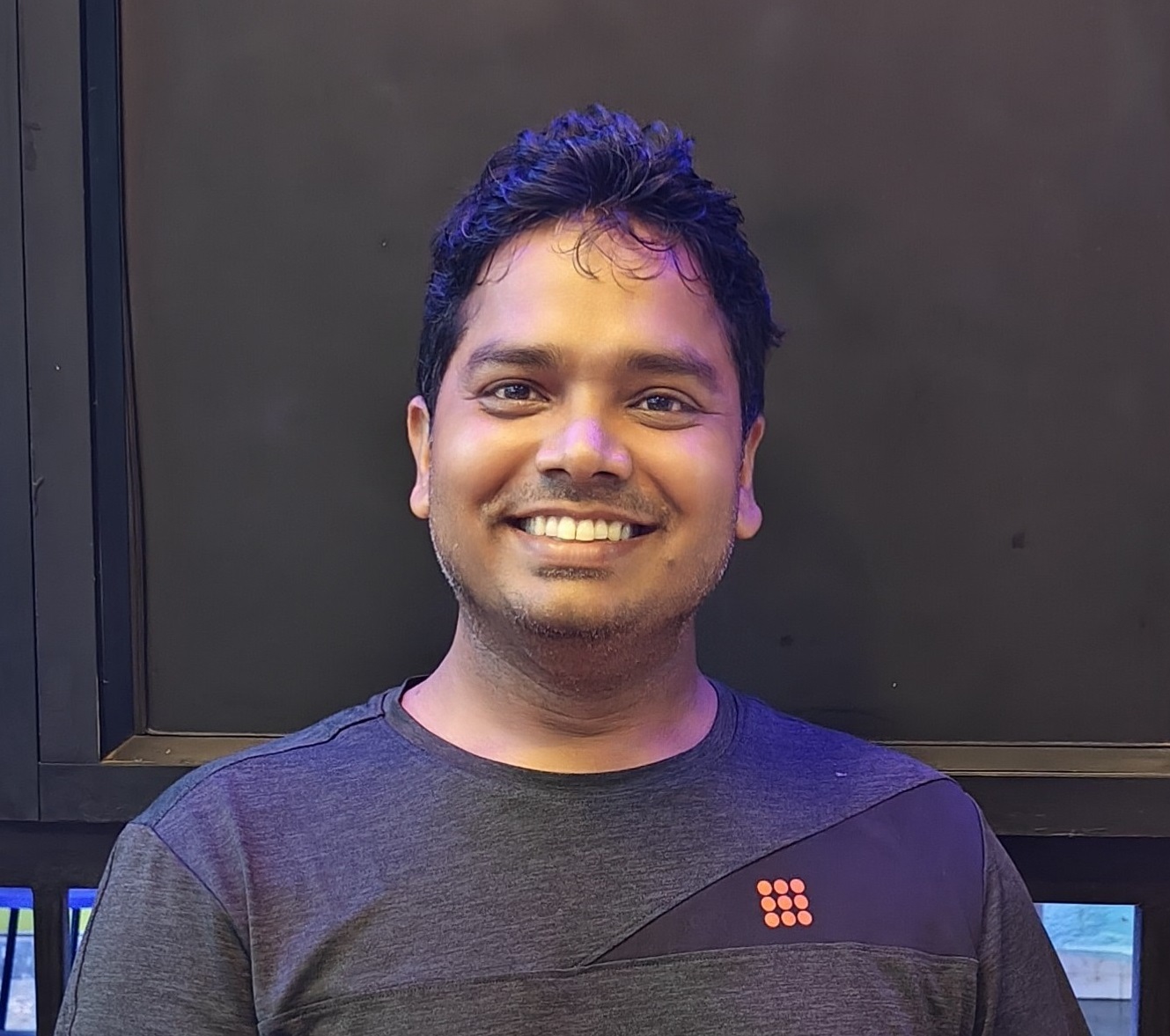Ajit Kumar Sahoo, PhD (Computer Science)
Assitant Professor , KIIT University
Bhubaneswar, Odisha, India-751024
Email:ajitkumarsahoo.fca@kiit.ac.in
Email:sahooajitkumar85@gmail.com

About Me

I completed my PhD from the School of Computer and Information Sciences (SCIS), University of Hyderabad (UoH) under the supervision of Professor Siba Kumar Udgata, SCIS, UoH. My research mainly focused on the development of intelligent sensing models using Machine learning and AI techniques to improve the performance of sensors. Conventional sensors are not intelligent enough to make decisions based on the raw sensed data. Machine learning algorithms help to process the signals and make various decisions. My doctoral research was to develop an intelligent ultrasonic measurement system using machine learning algorithms to enhance the performance of the ultrasonic sensor. Master degree research was the localization of sensor nodes in wireless sensor networks using single mobile anchor nodes. I am working on both ultrasonic sensing and device-free WiFi sensing.
Research

My research area includes Intelligent Sensing and Device Free Sensing.
Intelligent Sensing: The Impact of AI on Sensor Capabilities
With the rapid development of artificial intelligence (AI), cognitive technology, big data and other emerging technologies has greatly promoted the development of intelligent sensing systems. Intelligent sensing is the ability to extract insights from sensor data using artificial intelligence and machine learning techniques. Intelligent sensing is all about the sensors using artificial intelligence techniques that can draw information from the surroundings on their own, much like human sense organs. AI enabled sensors are used to great advantage in applications developed for automatic knowledge acquisition, fuzzy logic, neural networks, case-based reasoning, genetic algorithms, ambient intelligence, and much more.
Device Free Sensing: Use of Existing Wi-Fi Signals to Detect Events
Device-Free Wireless Sensing (DFWS) is an emerging technique that could estimate the presence, location, motion, activity, and gestures of a person without equipping him/her with any device. The DFWS technique leverages shadowing, diffraction, reflection, and scattering phenomena exerted by a person on wireless links to estimate the human state. The advantage of DFWS based applications is the ubiquity of wireless signals, i.e., the presence of ambient WiFi signals in homes and offices. Device-based sensing for localizing registered targets with communication capabilities and device-free sensing for localizing unregistered targets that cannot transmit/receive communication signals. For more information about WiFi sensing please visit WiSeCom Lab.
Research Experience

Worked as a Senior Research Fellow (SRF) in a DBT-funded project in the area of molecular biology and bioinformatics at Tezpur central university, Assam, India., under Dr. Siddhartha Shankar Satapathy, Associate Professor, Department of Computer Science and Engineering, Tezpur University. My work was to analyze and investigate the Codon Usage Bias (CUB) in bacterial genes sequences using C and Python programming and developed online data processing tools.
- July 2023 - November 2023, PDRF, SCIS, University of Hyderabad , Gachibowli, Hyderabad, India.
- January 2023 - June 2023, JRF, SCIS, University of Hyderabad , Gachibowli, Hyderabad, India.
- June 2013 - January 2015, SRF, Tezpur Central University, Tezpur, Assam, India.
Teaching Experience

- December 2023 - Till date, Assistant Professsor, SCA, KIIT (Deemed) University, Patia, Bhubaneswar, Odisha, India.
- June 2015 - August 2016, Lecturer, Department of ITM, Ravenshaw University, Cuttack, Odisha, India.
Education

- Ph.D. (Computer Science), 2023, University of Hyderabad , Hyderabad, India.
- M.Tech. (Information Technology), 2013, Tezpur Central University, Tezpur, Assam, India.
- Master of Computer Application, 2010, P.G. Dept. of Computer Science, Berhampur University , Berhampur, Odisha, India.
- B.Sc. (Mathematics), 2007, N. C. (Autonomous) College , Utkal University, Odisha, India.
Awards & Fellowships

- UGC-NET-JRF, DECEMBER 2014
- UGC-NET, JUNE 2014
- GATE Fellowship, MHRD, Govt. of India (2011-2013)
(Copyright © Ajit Kumar Sahoo, 2025 )





